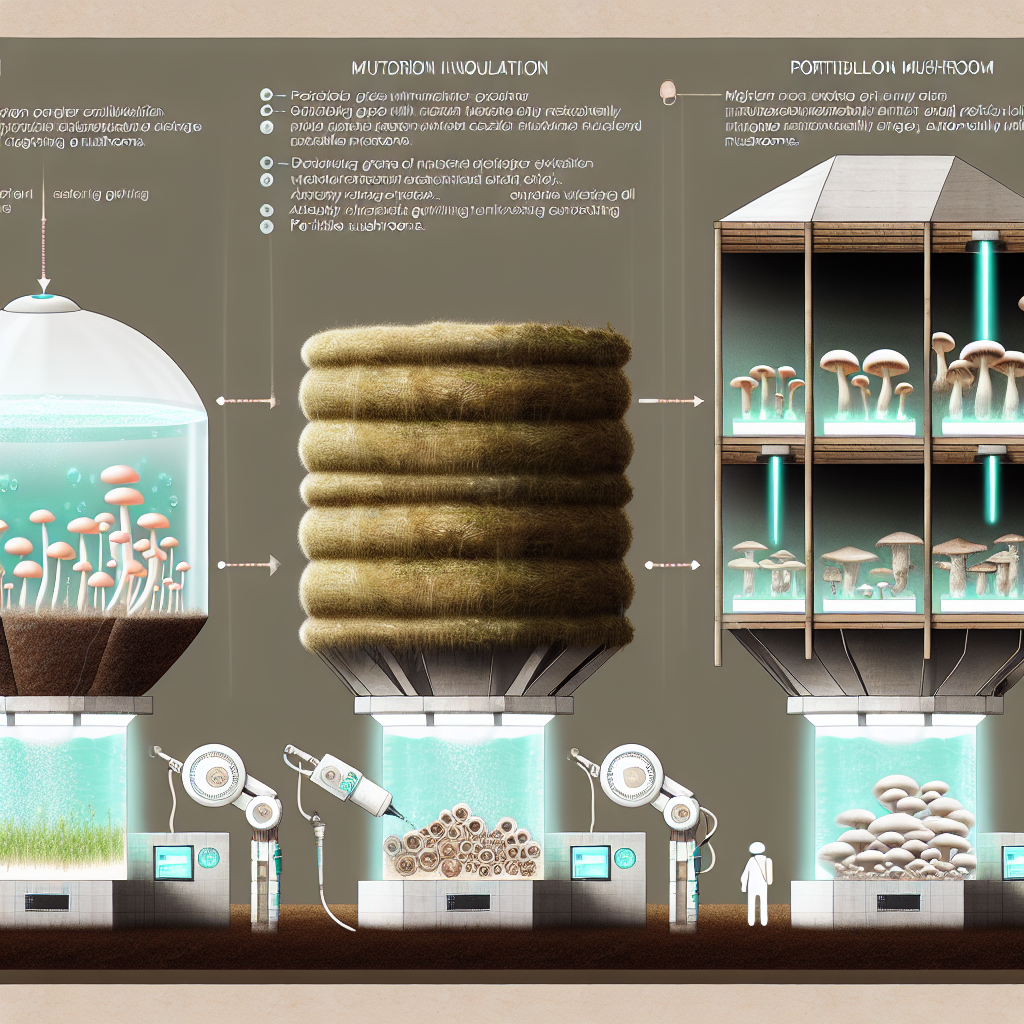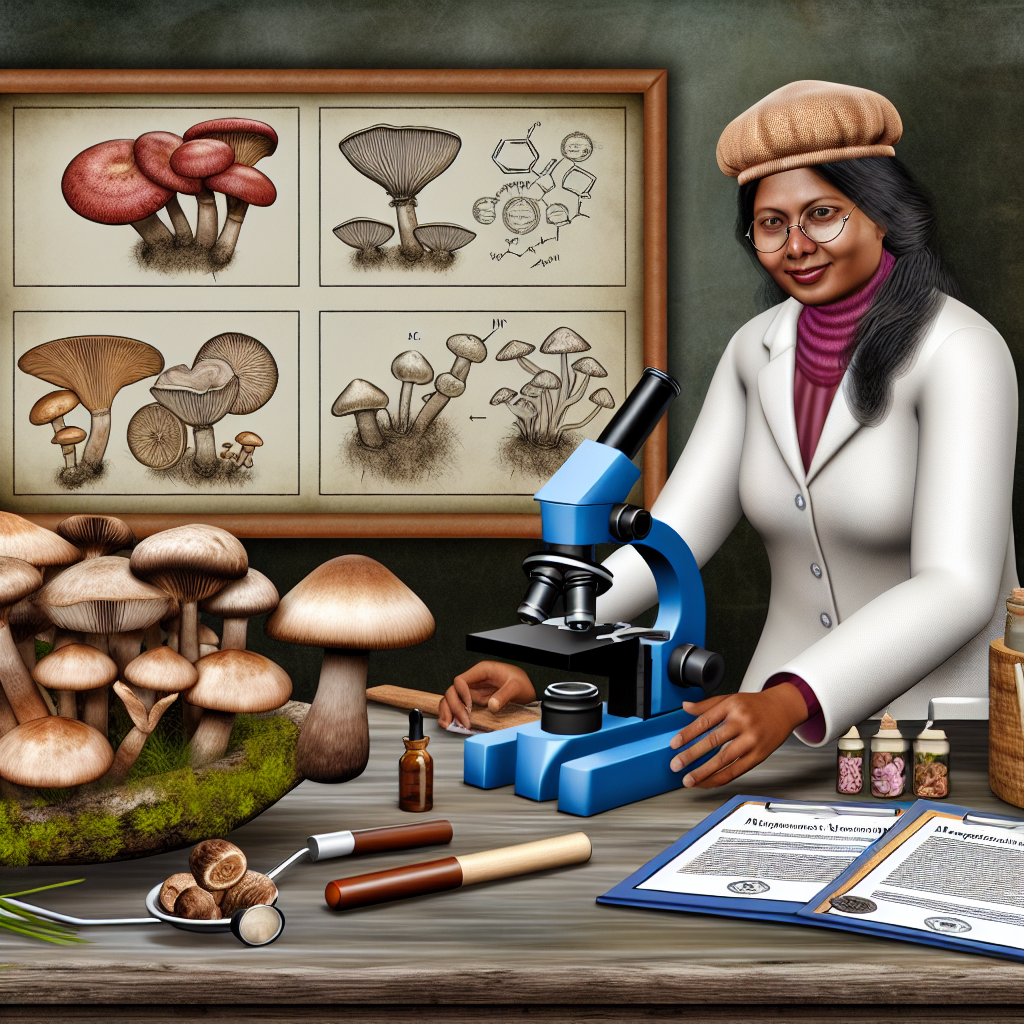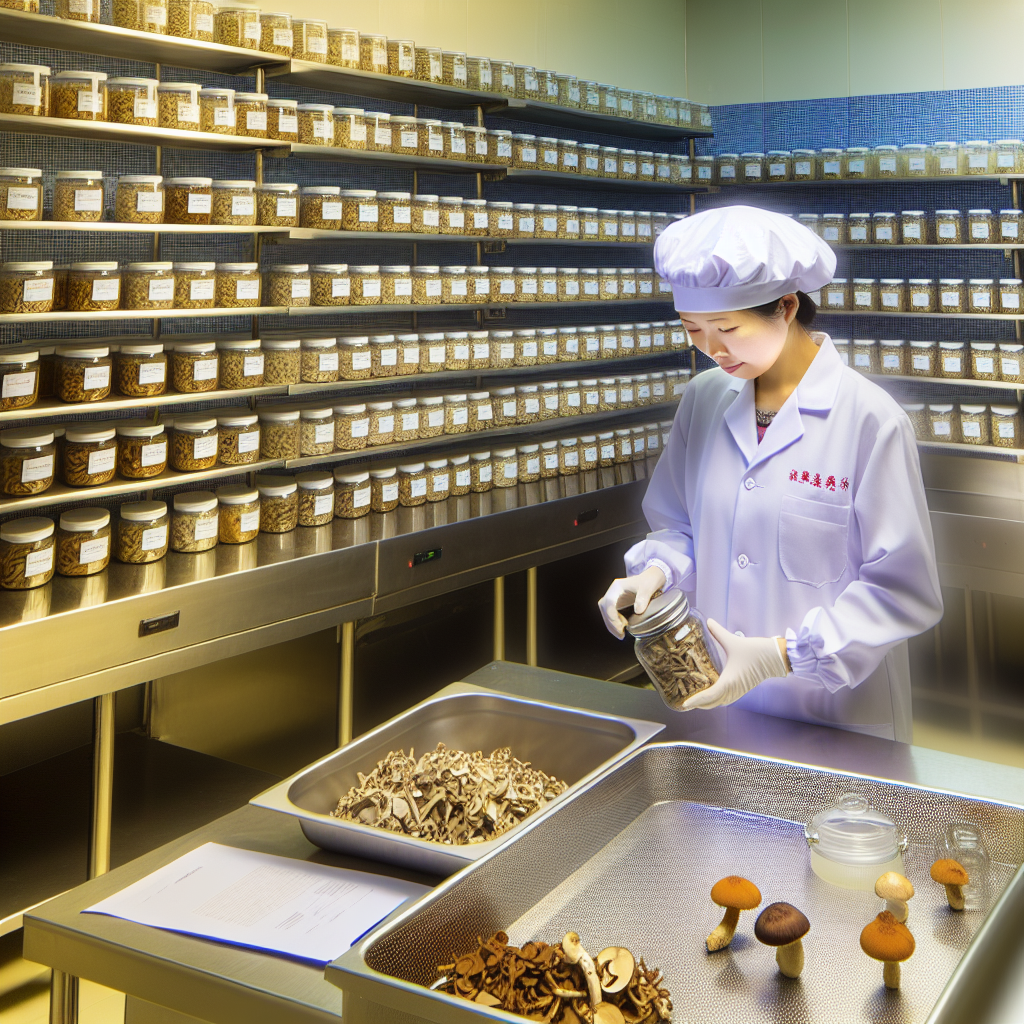Automated Mushroom Cultivation Systems Technology Comparison Guide
Introduction
As global interest in functional and medicinal mushrooms rises—especially given growing clinical focus on psilocybin-assisted therapy—the need for efficient, scalable technologies has never been greater. Automated mushroom cultivation systems are transforming how mushrooms like Lion’s Mane (Hericium erinaceus), Reishi (Ganoderma lucidum), Cordyceps, and Psilocybe species are grown in supported jurisdictions. These systems reduce manual labor, ensure sterility, and provide precise environmental control to consistently produce high-quality, bioactive-rich fungi.
Beyond convenience, these systems are crucial for clinical and commercial growers who prioritize consistency and purity. Variations in humidity, temperature, or oxygen levels can impact important fungal compounds such as beta-glucans, hericenones, and triterpenoids. Automated systems solve this by offering programmable environments and real-time monitoring through sensors and artificial intelligence (AI).
These systems range from compact, WiFi-enabled kits suitable for personal use to advanced industrial facilities featuring AI-based analytics, robotics, and mobile app integration. Many utilize machine learning to optimize yields by analyzing ongoing data from the growing environment. Major psilocybin therapy labs and mycology researchers are increasingly incorporating these systems to ensure their products meet clinical-grade standards.
Regulatory shifts in places like Oregon, Canada, and Australia have accelerated the construction of large cultivation centers operating under Good Manufacturing Practices (GMP). To comply with these standards, automated grow systems feature integrated tools like CO₂ scrubbers, air filtration modules, and AI-driven mycelial trackers, enabling scalable yet rigorous mushroom production.
This guide presents a comparative look at the leading automated systems for mushroom cultivation. We assess each based on cost, scalability, environmental precision, and clinical relevance—helping growers and researchers make informed decisions regarding system adoption and future upgrades.
Features and Scientific Applications
Scientific studies emphasize how crucial precise environmental control is in optimizing mushroom bioactivity. A 2021 study published in Frontiers in Microbiology confirmed that compound production in mushrooms like Reishi and Lion’s Mane improves significantly under tightly regulated conditions—such as controlled CO₂ levels, lighting schedules, and moisture content.
Some of the most promising systems address these critical needs. For instance, MycoSense by CultivoBioTech leverages AI-based mycelial growth mapping to track colonization phases and detect biological anomalies early—drastically reducing contamination or sub-optimal growth. Learn more at cultivobiotech.com.
Another standout, MycoClimate Pro by EcoMinds, offers dynamic climate modeling, adjusting light, temperature, and ventilation in real-time to simulate optimal conditions for mushroom species. This system closely mimics native environments to increase yields and medicinal compound expression. Visit ecominds.tech for more information.
Industry leader Automated MycoLab supports facilities engaged in psilocybin-assisted clinical trials in Canada. These grow systems are designed to meet protocols applicable to FDA-regulated clinical trials and produce mushrooms with minimized variability in key compounds such as psilocin and psilocybin. Supporting studies, such as one by Davis et al. (2021) in JAMA Psychiatry, reinforce the importance of compound consistency in treating depression and PTSD.
For hobbyists and smaller growers, solutions such as FungiGrow Pro and MushroomMate Mini integrate IoT connectivity. These devices send push notifications when conditions deviate from ideal parameters, eliminating the guesswork and ensuring near-commercial levels of quality. Explore these options at fungigrowpro.com and mushroommate.io.
Automated systems also play a role in greater sustainability efforts. By reducing excessive substrate usage, water waste, and energy consumption through smart timing features, these technologies lower environmental impact while maintaining profitability.
Furthermore, these advances are integral to pharmaceutical mycology research. Controlled growing chambers allow for strain selection and phenotype experimentation, aiding in the cultivation of fungi with the highest medicinal potential. Such standardization bridges the gap between traditional fungi-based wellness products and modern, evidence-based medicine.
Conclusion
Automated mushroom cultivation systems are elevating the standards of both recreational and medicinal mushroom production. By using AI, programmable environments, and clinical-grade features, they enable growers to maximize both quantity and quality without sacrificing consistency. Whether for therapeutic trials, commercial sales, or personal use, these systems represent the future of mycological innovation—empowering a new generation of fungi-focused science, health, and sustainability.
References
– Chen, W., Zhang, H., & Jin, Y. (2021). Environmental Factors Influencing the Production of Medicinal Compounds in Edible Fungi. Frontiers in Microbiology
– Davis, A. K., et al. (2021). Effects of Psilocybin-Assisted Therapy on Major Depressive Disorder. JAMA Psychiatry
– MycoSense by CultivoBioTech (2023)
– EcoMinds MycoClimate Pro Systems (2023)
– FungiGrow Pro (2024)
– MushroomMate Mini (2024)
– FDA Clinical Trials Database: Psilocybin Research
Concise Summary
Automated mushroom cultivation systems are advancing functional and medicinal mushroom production by offering precise environmental control, AI integration, and clinical-grade consistency. These systems support commercial cultivators and medical researchers in growing fungi like Reishi, Lion’s Mane, and Psilocybe species with optimized yield and bioactive content. From robust industrial platforms to smart home kits, technologies like MycoSense, MycoClimate Pro, and MushroomMate Mini help reduce labor, contamination, and environmental waste. Regulatory trends and increased medicinal use of psychedelics further highlight their importance, making automation essential for future-oriented, sustainable mushroom cultivation and therapeutic innovation.

Dominic E. is a passionate filmmaker navigating the exciting intersection of art and science. By day, he delves into the complexities of the human body as a full-time medical writer, meticulously translating intricate medical concepts into accessible and engaging narratives. By night, he explores the boundless realm of cinematic storytelling, crafting narratives that evoke emotion and challenge perspectives. Film Student and Full-time Medical Writer for ContentVendor.com




